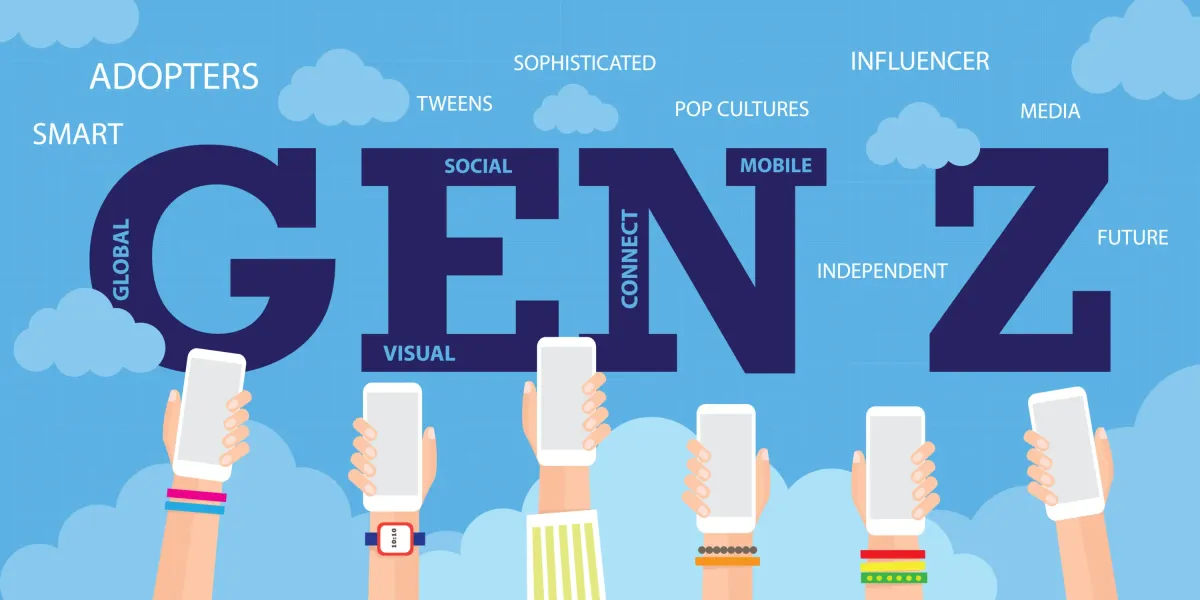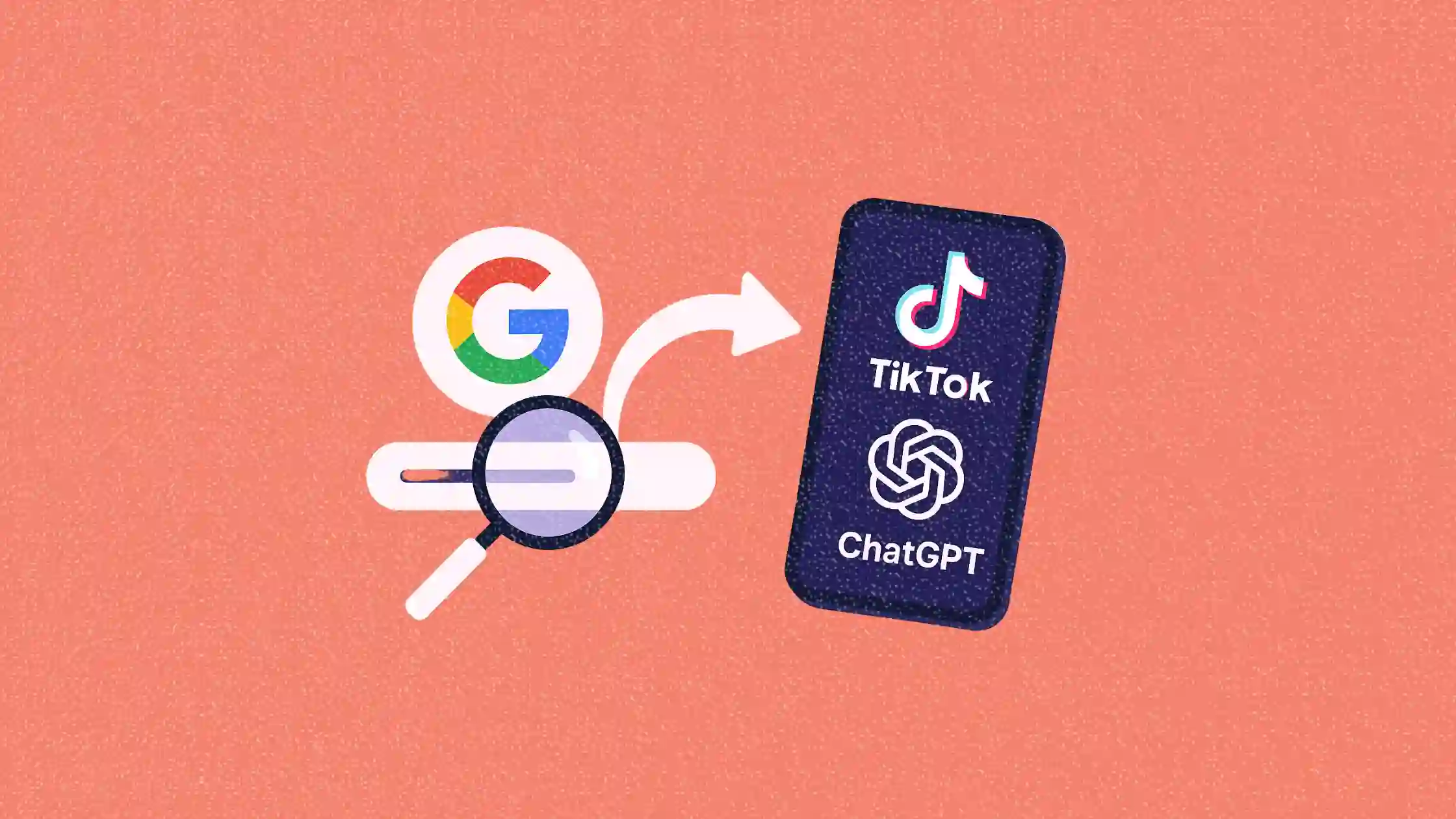Social is Gen Z's new search engine
According to new Sprout Social research, Gen Z is searching first on social, not Google.

Search engines may still dominate desktops, but for Gen Z, discovery starts somewhere else.
New research from Sprout Social reveals that social media has overtaken traditional search engines as Gen Z’s top channel for finding information, including product reviews, local spots, and lifestyle content.
This article explores the key findings from Sprout’s Q2 2025 Pulse Survey and dives into what this shift means for marketers trying to reach Gen Z and Millennial consumers.
Short on time?
Here’s a table of contents for quick access:
- Gen Z uses social over search engines
- Social content drives real-world purchases
- Platforms like YouTube and Reddit are gaining traction
- What marketers should know

Gen Z uses social over search engines
Sprout Social’s Q2 2025 Pulse Survey, conducted in partnership with Glimpse, found that 41% of Gen Z users now turn to social media platforms first when they need answers. That compares to 32% who default to traditional search engines.
This puts social platforms ahead of Google, Bing, and even AI chat tools like ChatGPT (11%). Gen Z’s preference reflects a growing reliance on influencers, short-form video, and creator-led content over algorithm-driven web results.
Interestingly, this trend isn't limited to Gen Z. More than 1 in 3 consumers across age groups now prefer using social platforms first when searching for product reviews (37%) or local recommendations (35%). This marks a significant shift in how audiences initiate their buying journey.

Social content drives real-world purchases
The trust in social platforms has real commercial impact. According to Sprout’s data, 76% of users say content on social media has influenced a purchase in the past six months. That figure rises to 90% among Gen Z and 84% among Millennials.
This includes brand posts, influencer endorsements, and targeted ads. For marketers, it confirms that social is now a full-funnel channel, not just for engagement but also for conversion.
Scott Morris, Chief Marketing Officer at Sprout Social, noted, “Largely driven by Gen Z, social is becoming the new search engine. This shift is transformative because it’s changing how consumers discover products and brands.”
Platforms like YouTube and Reddit are gaining traction
Facebook leads with 81% usage among respondents, but YouTube has climbed to second place at 71%, followed by Instagram at 66%. Community-based platforms are also on the rise. Over half of users (51%) say they plan to spend more time on Reddit in the next six months. That number jumps to 63% for Gen Z and Millennials.
Creator-first platforms like Substack and Patreon are also gaining momentum, with more than half of younger users now tapping into these spaces for niche content and independent creators.
Top categories searched on social media include cooking and recipes (50%), TV and movie recommendations (43%), and music discovery (36%). Users are also turning to social for insights across a broad range of personal interests, including travel, fitness, fashion, health, and news.

What marketers should know
The shift to social-first behavior requires marketers to rethink how they show up. Here’s what to consider:
1. Treat social like a search engine
Optimize posts for discoverability by using relevant keywords, descriptive captions, and searchable hashtags. Focus on how-to content, reviews, and explainer videos that answer common questions.
2. Invest in social proof and influencer partnerships
Users are more likely to trust product opinions from people they follow. Partner with creators who align with your audience and values. Prioritize authenticity over follower counts.
3. Track conversion, not just engagement
Likes and comments still matter, but conversions and saves tell you who is researching and ready to buy. Use tracking tools and UTM parameters to map purchase influence across the funnel.
4. Expand to rising platforms
YouTube and Reddit are now core discovery platforms, especially among Gen Z. Build a presence there if your brand isn’t already active. Explore Substack or Patreon for deeper audience engagement if you offer value-added content.
5. Align content with value-based outcomes
The survey found that social media is helping users make better decisions, including around mental health and financial literacy. If your brand aligns with these themes, there’s room to create content that informs and uplifts.
Gen Z isn’t just consuming content on social media. They’re using it to navigate life.
For marketers, this means showing up in moments of discovery with content that builds trust and solves problems. Social has become the new starting point, and brands that understand this shift will be the ones that stay relevant.






